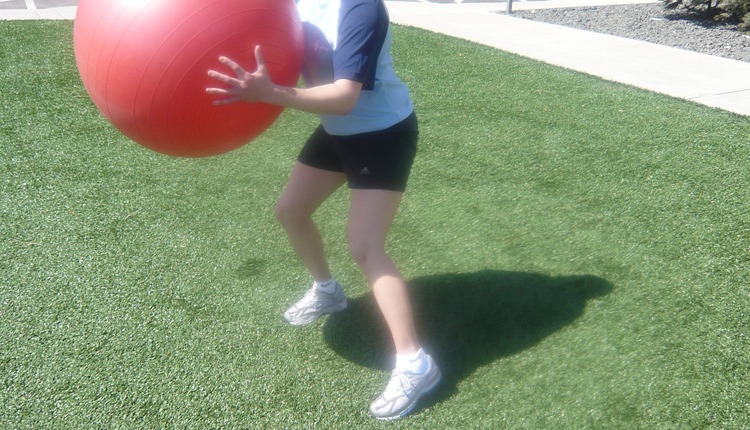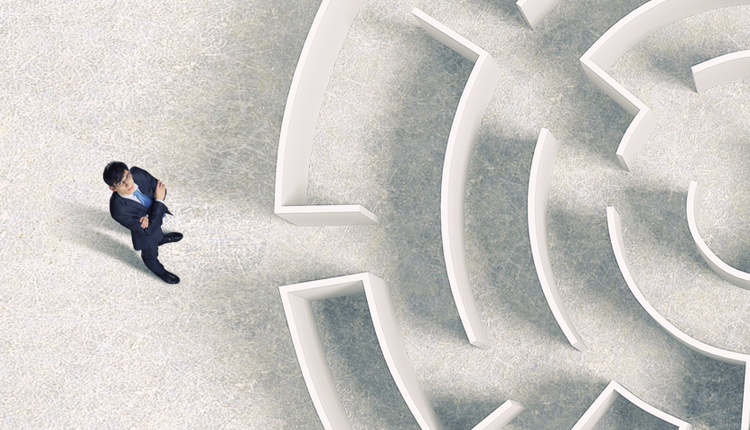
As fitness professionals, we are an industry of caregivers. The very crux of what we do is help others toward fitness and wellness, physically, mentally and emotionally. Now ask yourself, are you currently at the top of your own game in these areas, especially right after the holidays? Or are you eating “burnt toast?”
Having launched over 100 fitness products, DVDs and infomercials to market, Kim Kisner has also designed and led content, marketing and programming strategy for premier brands such as Pepsico/Gatorade, Beachbody, BOSU, Technogym, Gaiam and more. With 25 years under her belt, she has the distinction of having worked beside some of the most renowned presenters and trainers in the world. These days, Kim is focusing on copywriting, content development and content strategy for fitness brands.
The Burnt Toast Theory asserts that a woman/mom will fix her whole family toast in the morning, and take the worst piece and save it for herself, and she will do this on every level: take the worst seat, buy the economical car, etc. In short, she makes certain everyone else gets the “good stuff” and she takes the rest. We, as fitness professionals, mirror this behavior. It’s the plumber who’s too busy working on everyone else’s faucets to fix his own leaky one. The examples go on and on.
Now, layer in the current environment — post-holiday syndrome. As professionals we are faced with our livelihood as we know it literally being pulled out from under us. We can’t “do” what makes us who we are due to hygiene protocols and regulations. So we are scrambling to pivot any which way to carry on and make a living and help our clients. Now, layer in that our clientele is more in need of us than ever before. They are clamoring to stay healthy and are stressed and fatigued. They need us — and we to continue to try to find ways to give and give. All of these ingredients make for the perfect storm of us as professionals facing absolute fatigue and burnout.
Yet, we are still likely eating the burnt toast.
More than ever, it’s imperative that we all take care of ourselves. There it is. Self-Care. It’s an overused term to be sure. It’s one we all clearly know is important. We literally coach others to be better caregivers to themselves… to seek wellness and a state of being well… so why don’t we take our own advice?
Beyond the fact that we don’t think we have time, or are too tired, there could be some psychological and behavioral things at play here.
According to Psychology Today, you might feel that being self-compassionate is akin to being selfish, self-centered or even narcissistic.
It may also be uncomfortable or not “natural” to us to turn our focus — and care — inward toward ourselves, when what we do every day, all day is focus this energy toward others.
And finally, because a lot of us are Type A — perfectionists — we feel that success means to work harder, don’t let up, continually push ourselves. It may not be in our makeup to slow down and take our own well-being into account.
Sound familiar? Be very careful, because this can quickly turn into self-sabotaging behavior. Pushing yourself without letting up, without recovery, can take you from bright light to burnout not only physically, but more importantly, mentally. And when mental capacity dims, your livelihood could become jeopardized.
Just like physical fatigue, cognitive fatigue is a very real thing,” said Andrew Gavigan, Fitness Educator and Behavior Expert. According to research, we only have the ability to make so many decisions and take on so much information in a day. Mental overload can lead to poor choices with nutrition, movement or even the things we say when our children or family need us. It's important to remember that no one has an unlimited amount of focus or mental energy, and more is quite often NOT better.”
Think of it this way… when a client overtrains and strains a muscle or gets a stress fracture, it’s a huge setback. That muscle or bone needs to heal in order to perform again. When the mind is similarly overworked, it too becomes fatigued, making cognitive tasks increasingly difficult and eventually impossible. Debility is analogously progressive: soreness, limping, infirmity for the leg — irritability, insomnia, loss of concentration and productivity for the mind.
Now, if that client trains in a healthy way while allowing proper time to recover and rebuild between workouts, he or she is likely to achieve positive results. The same holds true for the mind. Work it in a healthy way daily, then give it a break. The body and the mind need rest and care.
Taking care of your own well-being — self-care — whatever we call it, is equivalent to training smart. Learn to stop before you get that “fracture” or strain.
We’ve explored the negative effects of fatigue and burnout, now let’s look at the why and the how.
As you can imagine, the list of benefits of self-care is endless. Study after study shows that self-care can increase your resiliency, decision-making process and energy level. Self-care reduces stress and with that comes improved sleep, productivity and a stronger immune system.
Beyond that, as trainers and educators, it’s critically important to exemplify behavior that we want our clients to practice. We know our behavior influences clients, so we must practice what we preach to be good trainers/coaches.
So how do we make the shift to focus inward versus outward when it comes to care? You have the tools. Now, you need to make the shift to utilize those tools inwardly — for yourself. Again, this may feel unnatural, but consider putting the following sequence of steps into practice, that Wellness and Human Performance Specialist, Greg Niederlander has conceptualized and developed:
- Connect — With yourself. How are you “living?” How do you feel? What do you need to feel better?
- Surrender — To the notion that your well-being is a critical piece of the equation, an essential part of being successful in your career and in life. Hold yourself accountable as you do your clients. Because ultimately, you are your #1 client, and if you are not 100% you can’t give 100%.
- Transition — Take ownership of your well-being and engage fully with it and with yourself.
- Resilience — Stay the course and remain vigilant.
As fitness professionals, we understand fully the importance of consistency and developing habits. Try putting the above into practice, stick with it and you might just find that turning your skills inward and becoming a fair and passionate coach to yourself could be the best move you’ll make in your career.









